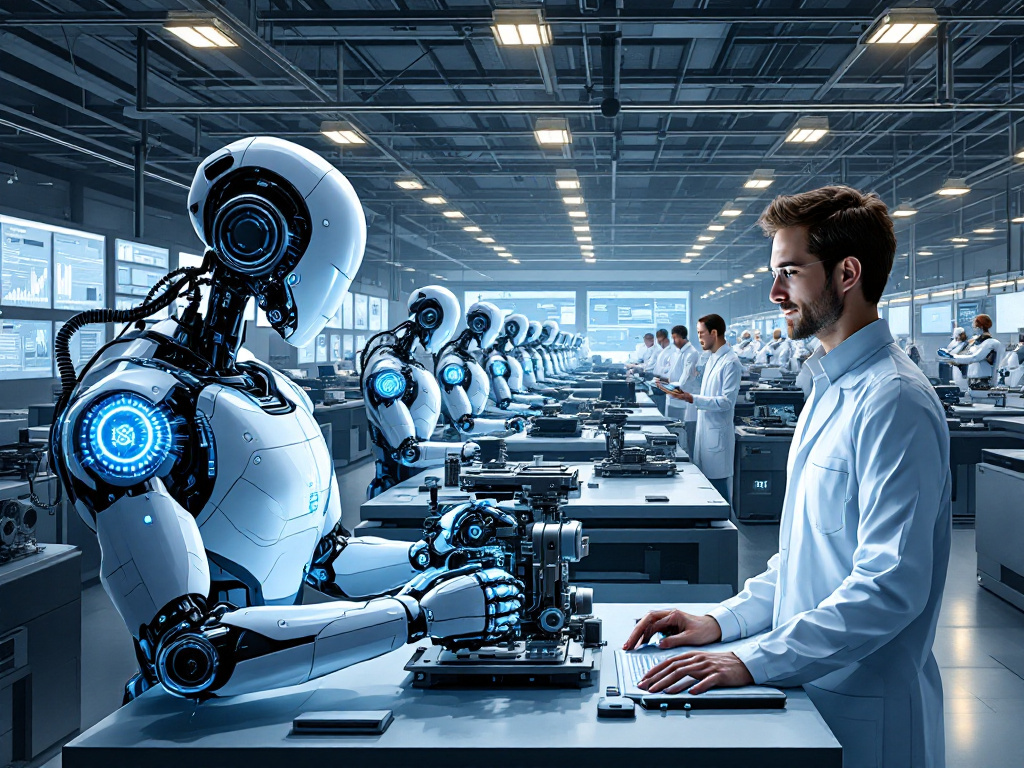Deepfakes are another threat. AI can create realistic video or audio of any person, opening the door to disinformation, blackmail, and manipulation. This is especially dangerous during election campaigns and crises.
Privacy issues also remain pressing. AI collects vast amounts of personal data—from voice data to online behavior. Without strict regulation, this data can be used for surveillance, manipulation, or commercial exploitation.
Liability for AI actions is a legal gray area. If a self-driving car hits a pedestrian, who is at fault: the manufacturer, the programmer, the owner, or the AI itself? Today, the laws of most countries are not prepared for such scenarios.
Nevertheless, AI can also be a tool for justice. For example, algorithms can detect discrimination in hiring or help judges make more objective decisions if they are properly designed and tested.
Special committees, standards, and principles are being created to address ethical issues. The European Commission has developed “Ethical Guidelines for AI,” and major companies are publishing their “Responsible AI Charters.” But without international cooperation, this is not enough.
In conclusion, artificial intelligence is a powerful tool that requires an ethical compass. Technology itself is neutral, but its application depends on people. Only with the participation of society, scientists, and regulators can we direct AI to serve humanity, not harm it.
Advertising


